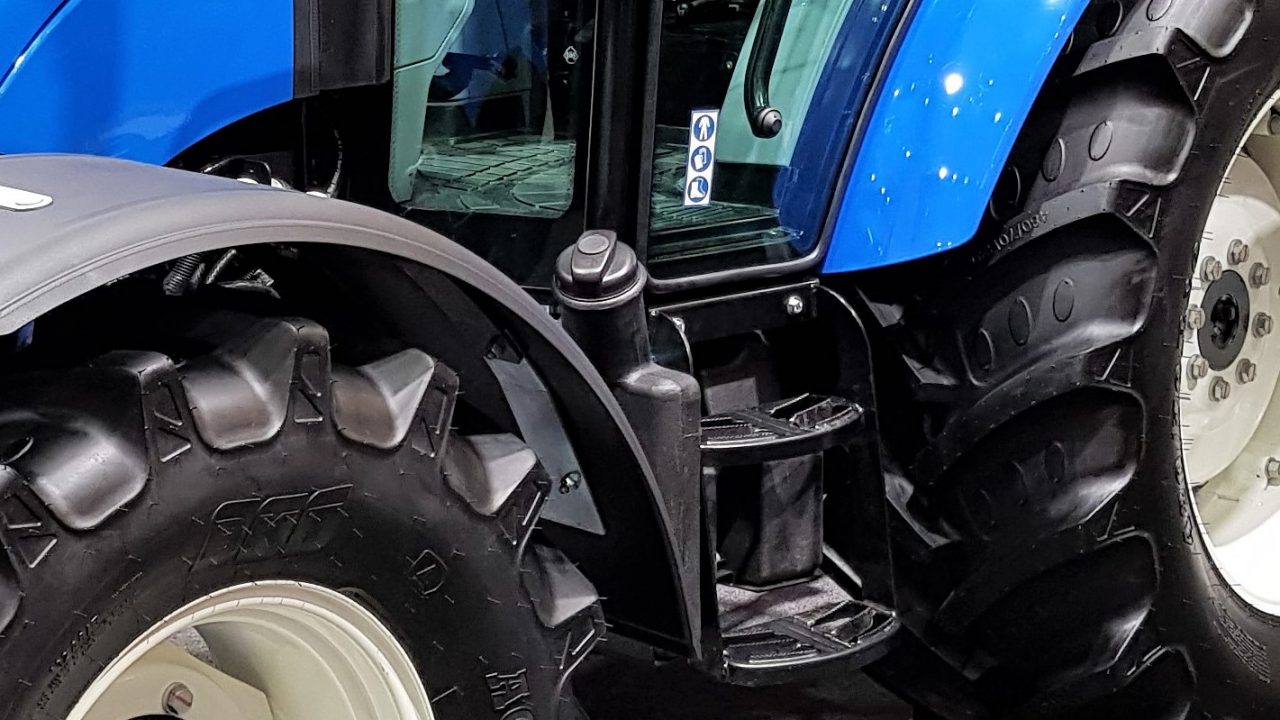The further increase in carbon tax in Budget 2021 will add significant extra costs to farm and forestry contractors, according to the Association of Farm and Forestry Contractors in Ireland (FCI).
The increase of €7.50/t in carbon tax which brought the carbon tax penalty for contractors to €33.50/t, will mean that agricultural contractors “suffer an unfair carbon tax burden of €13,455 per annum”, the association says.
Reacting to the budget announcement yesterday (Tuesday, October 13), FCI national chair John Hughes said: “Despite the fact that the modern machinery used by farm and forestry contractors also consumes costly AdBlue fuel additives to reduce emissions, our members are unable to have the benefit of the double taxation carbon tax relief which is provided to their farming customers.
“They are also unable to avail of any rebate scheme, which has been put in place for road haulage operators, despite these additional operating costs to lower emissions through the use of the AdBlue system.”
The FCI had called on the Minister for Finance to seriously consider the option of offering a zero VAT on all farm and forestry contractor services or allowing a full VAT refund for non-VAT registered farmers, which can be offset by the creation of a ring-fenced fund, sourced by the many millions of euros of unclaimed carbon tax credits, currently not being claimed by farmers under the carbon tax double taxation benefit.
The FCI believes that these funds are rightly due to the agricultural sector but, because they are individually, relatively small amounts per farm, but cumulatively large in value across the entire sector, they are rarely refunded to individual farmers.
“This approach will deliver Irish farming tangible buy-in value for carbon tax support in a more meaningful way than a mere 0.2% increase in flat rate VAT farmer refund or machinery grant schemes of the past which were targeted away from efficient and cost-effective contractor services,” said Hughes.
The FCI noted that farm diesel used by a farmer in the course of farming is a deductible cost and, as carbon tax is included in the cost of that diesel, a farmer obtains a second deduction in the form of a tax credit, for the amount of the carbon tax incurred on the purchase of farm diesel.
As the deduction provided for in this section is in addition to the deduction for the cost of farm diesel, farmers are entitled to a double deduction for the increased carbon tax they incur on farm diesel purchased on or after May 1, 2012.
The FCI noted that its research has shown that farm and forestry contractors in Ireland employ close to 10,000 people operating machines on farms.
Contractor machines harvest 90% of the Irish silage crops each year along with managing the sustainable spreading of more than 20 billion litres of slurry, as well as establishing and harvesting many different crops.
Over the period of the proposed increase in the carbon tax level from the previous base level of €20/t to €80/t by 2030 – this, the FCI says, will mean a substantial increase in fuel cost of close to €100 million.
Contractors will be forced to pass on this additional €100 million cost to their 137,000 farming client customers. These farmers cannot absorb this further increase at a time of tightening margins, the FCI concluded.
